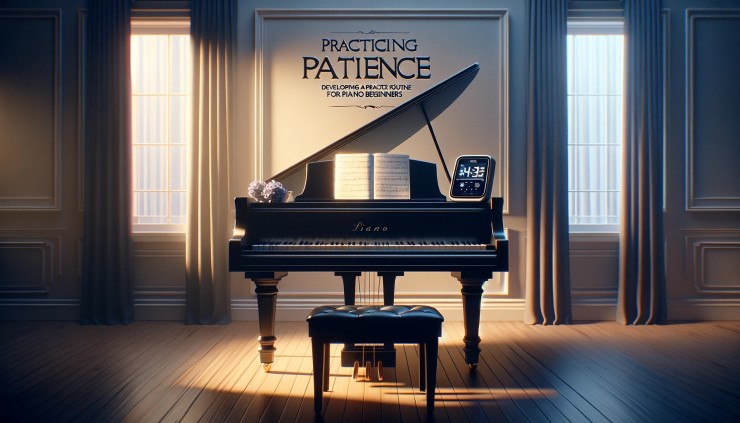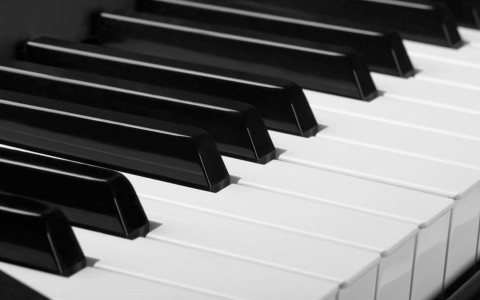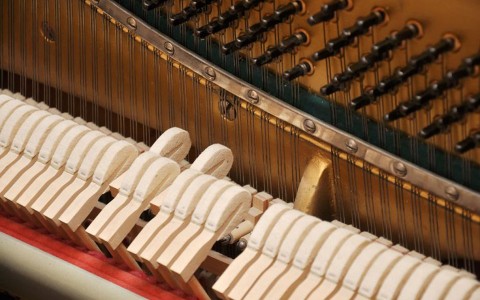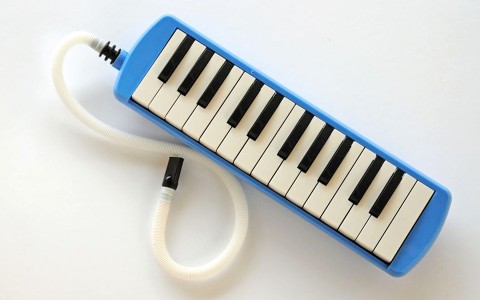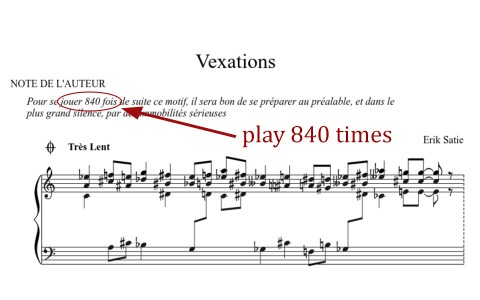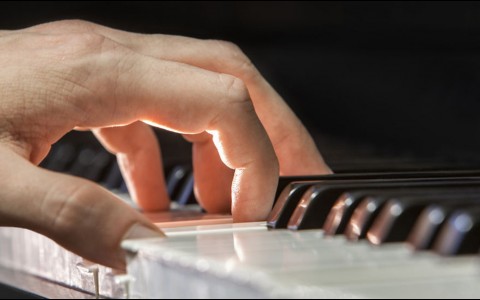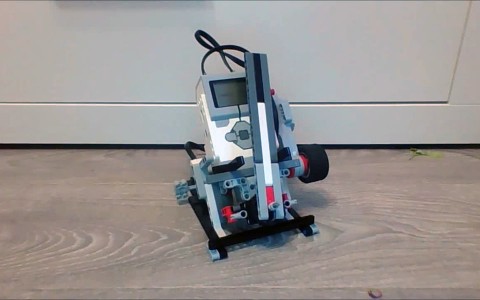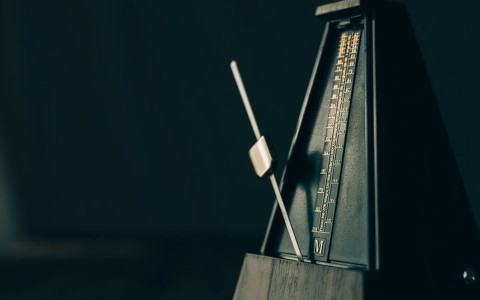The journey of tickling the ivories is an enthralling one, filled with highs, lows, and the beautiful notes in between. As a newbie pianist, you’re embarking on a path that will not only teach you the art of creating melodious tunes but will also cultivate virtues like patience, perseverance, and discipline. The first few chords may feel like trying to speak a new language while juggling, but fret not! With the right practice routine, you’ll soon be conversing fluently through the keys. In this blog, we'll explore how you can develop a practice routine that nurtures your newfound piano passion while emphasizing the art of patience. Let the rhythm of patience be your guiding note as you traverse the keys to melodious success!
-
Set Clear and Achievable Goals:
- The first step in your piano practice routine should be setting clear, achievable goals. Whether it's mastering a particular song, learning a new chord, or improving your sight-reading skills, having a target will keep you motivated and focused.
- The first step in your piano practice routine should be setting clear, achievable goals. Whether it's mastering a particular song, learning a new chord, or improving your sight-reading skills, having a target will keep you motivated and focused.
-
Start Slow:
- Rome wasn’t built in a day, and neither will your piano skills. Start with a slow, manageable pace, and gradually increase the tempo as you become more comfortable. This will help build a solid foundation and ensure accuracy before speed.
- Rome wasn’t built in a day, and neither will your piano skills. Start with a slow, manageable pace, and gradually increase the tempo as you become more comfortable. This will help build a solid foundation and ensure accuracy before speed.
-
Consistent Daily Practice:
- Consistency is key when learning the piano. Aim for at least 20-30 minutes of practice a day. This regular rendezvous with the keys will foster a steady improvement and help you build a rapport with the instrument.
- Consistency is key when learning the piano. Aim for at least 20-30 minutes of practice a day. This regular rendezvous with the keys will foster a steady improvement and help you build a rapport with the instrument.
-
Use a Metronome:
- A metronome is a pianist's best friend. It will help you keep time, develop a steady rhythm, and improve your musical ear. Start with a slow beat, and gradually increase the speed as you become more proficient.
- A metronome is a pianist's best friend. It will help you keep time, develop a steady rhythm, and improve your musical ear. Start with a slow beat, and gradually increase the speed as you become more proficient.
-
Break Down the Barriers:
- If you stumble upon a tricky section, break it down into smaller, more manageable bits. Practice these challenging parts separately before integrating them back into the whole piece. This technique, known as “chunking,” can be a game-changer in overcoming musical hurdles.
- If you stumble upon a tricky section, break it down into smaller, more manageable bits. Practice these challenging parts separately before integrating them back into the whole piece. This technique, known as “chunking,” can be a game-changer in overcoming musical hurdles.
-
Seek Professional Guidance:
- Consider enrolling in piano lessons with a qualified instructor. They can provide valuable feedback, correct your technique, and keep you on the right track. Additionally, joining a local music community or online forums can provide support and further resources.
- Consider enrolling in piano lessons with a qualified instructor. They can provide valuable feedback, correct your technique, and keep you on the right track. Additionally, joining a local music community or online forums can provide support and further resources.
-
Celebrate Small Wins:
- Every little progress is a step towards becoming a better pianist. Celebrate the small wins, be it nailing a tough chord or finally getting the hang of a tricky rhythm. These moments of achievement will keep your spirits high and fuel your musical journey.
- Every little progress is a step towards becoming a better pianist. Celebrate the small wins, be it nailing a tough chord or finally getting the hang of a tricky rhythm. These moments of achievement will keep your spirits high and fuel your musical journey.
-
Be Patient with Your Progress:
- Patience is the cornerstone of mastering any skill, and piano playing is no exception. Understand that progress might be slow, but with each passing day, you’re becoming a better musician. Embrace the journey with an open heart and a patient mind.
- Patience is the cornerstone of mastering any skill, and piano playing is no exception. Understand that progress might be slow, but with each passing day, you’re becoming a better musician. Embrace the journey with an open heart and a patient mind.
-
Explore and Enjoy:
- Lastly, let your curiosity lead the way. Explore different genres, play around with various techniques, and enjoy the beautiful process of making music. Remember, the goal is to enjoy the journey and express yourself through the magical world of piano playing.
Developing a practice routine as a piano beginner is your first step towards a melodious adventure. Embracing patience, setting realistic goals, and celebrating the small wins along the way will not only make you a better pianist but also enrich your musical experience. So, take a deep breath, let your fingers dance on the keys, and let the music play!
